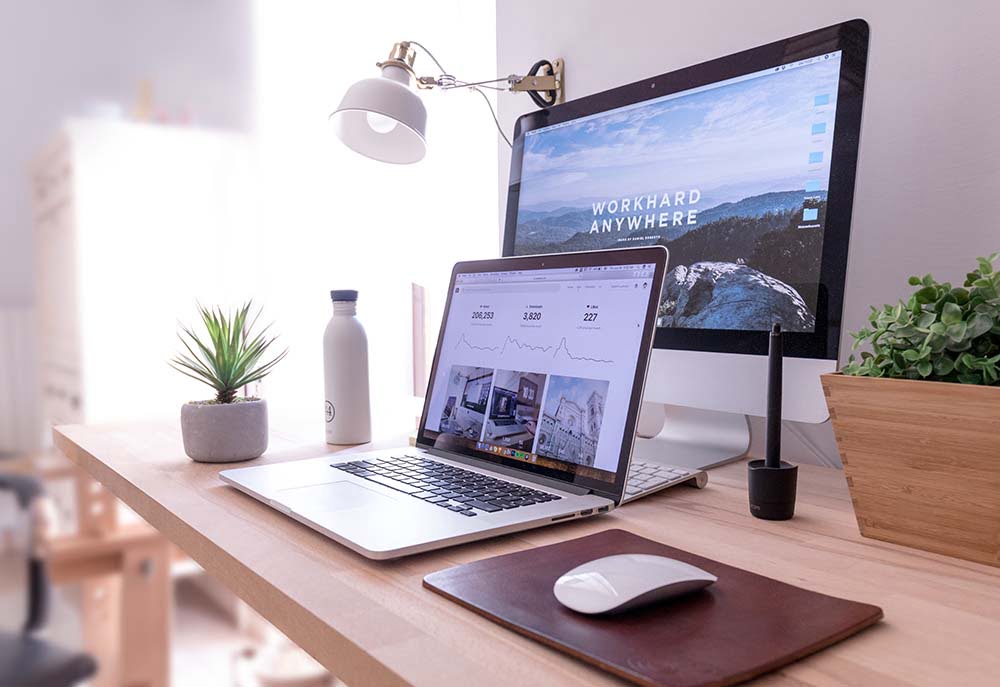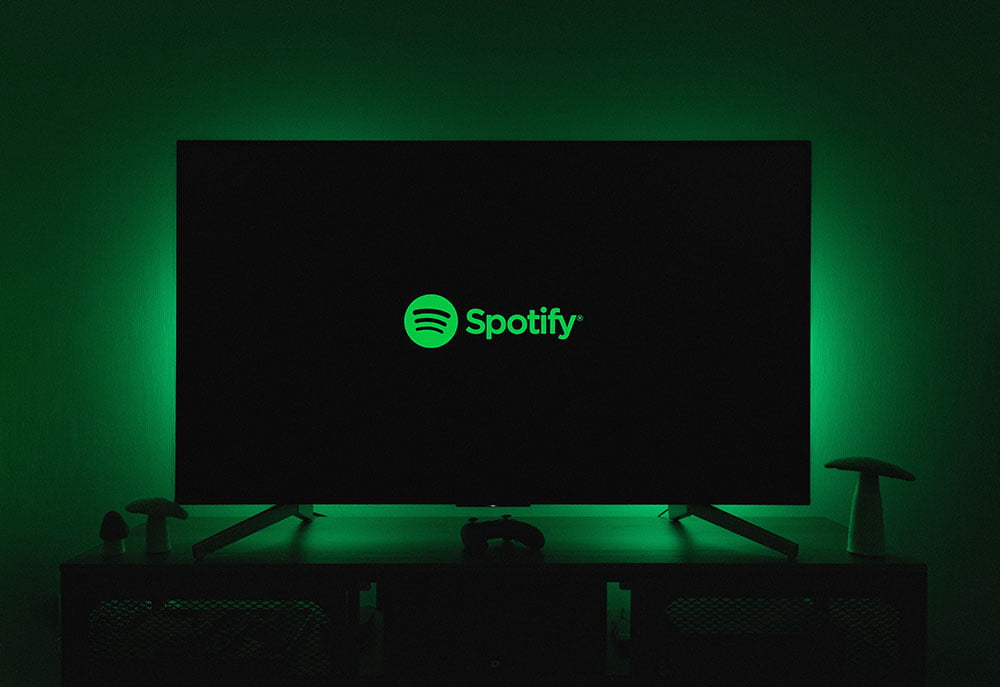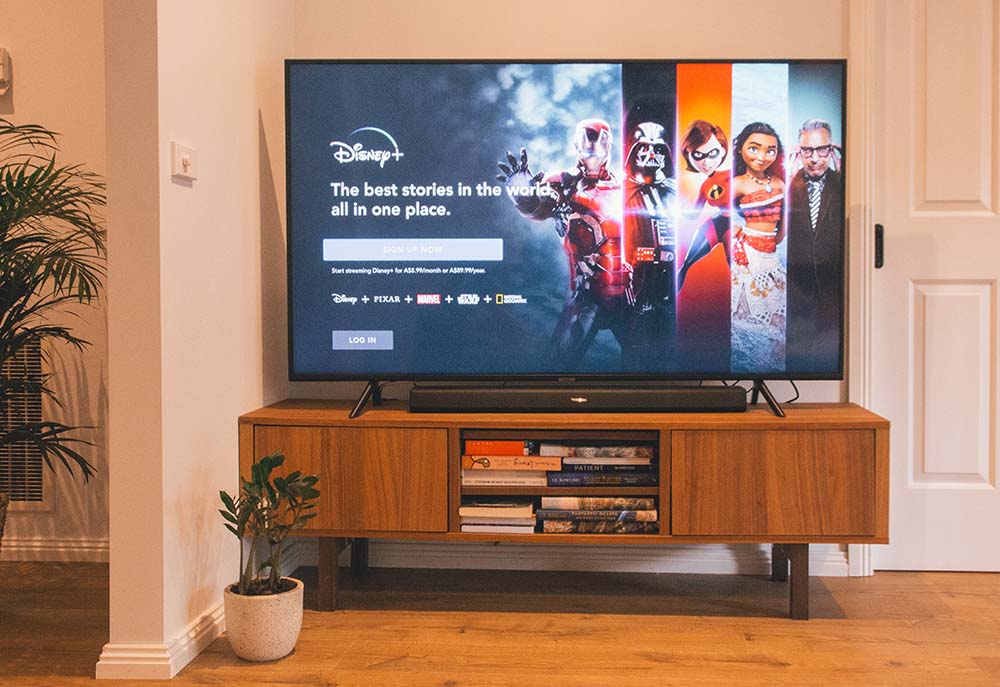Thinking about getting a VPN? Here’s the deal: If you love watching shows from around the world or you want to keep your online shopping private, a VPN could be just what you need. It’s like a secret tunnel for your internet activities – no one can see in. But remember, it’s not a magic cloak of invisibility. While VPNs are great at keeping your personal stuff hidden from hackers and nosy companies, they can’t hide everything. They’re one piece of the puzzle in staying safe online. So if keeping things private online is important to you, or you’re dealing with blocked websites, then yes, a VPN is worth considering. Are VPNs worth it? Absolutely
In a world where we’re spending more and more time online, privacy has become the talk of the town. A VPN (virtual private network) matters because it adds a layer of privacy to this public space we call the internet. It’s kind of like sending a letter with a seal — only the intended recipient can open it, keeping prying eyes at bay.
Whether you’re working from a coffee shop and don’t trust the free Wi-Fi, want to watch videos that aren’t accessible in your region, or just want to prevent advertising from profiling you, a VPN can assist. It’s not about hiding anything; it’s about keeping your own space private.
When it comes to data breaches and privacy issues, utilizing a VPN is one way to say, “Hey, my online life is mine.” In the following sections, we’ll go more into when a VPN is required and when it’s optional. So stay tuned, and let’s understand the secrets of VPNs together.

Table of Contents
Can a VPN Keep Your Secrets?
When you’re online, keeping your secrets can feel like trying to hold water in your hands – tricky, right? This is where a VPN step into the spotlight. But can it really keep your digital whispers under wraps?
Your Digital Diary Locked Tight: A VPN’s encryption is like a secret code. Every time you send an email, make a purchase, or post on social media, a VPN scrambles this information so that only someone with the right key can read it. If a hacker tries to eavesdrop, they’ll find that your data is about as readable as an ancient, forgotten language.
The IP Address Disappearing Act: Your IP address tells websites and advertisers where you’re located and who your internet provider is. With a VPN, your real IP address vanishes, like a magician’s rabbit. You can appear to be browsing from New York when you’re actually in Paris. It’s not only fun to fool trackers; it also means fewer targeted ads and less chance that someone can trace your online footsteps back to your door.
But Wait, There’s a Catch: VPNs are strong, but they’re not invincible. They can’t protect you if you download a virus by mistake or if you share personal info on a dodgy website. And if you log into a website, say your favorite shopping site or social network, that site will know who you are, VPN or no VPN.
A VPN won’t protect you from cookies either, which are small pieces of code that websites use to keep track of who you are. Advertisers can still follow you around like a shadow even if you use a VPN to hide your IP address.
In essence, a VPN is like a trusty sidekick for your online privacy, keeping your secrets safe most of the time. But remember, it’s not a superhero. In the next section, we’ll uncover what a VPN can’t do, because knowing its limits is just as important as knowing its strengths.
What a VPN Can’t Hide — The Honest Truth
So you’ve got a VPN, and you’re feeling like a digital ninja, all stealthy and secure. But hold up — it’s time for a reality check. Even the best VPN can’t hide everything. Let’s pull back the curtain on what a VPN can’t do for you.
The Cookie Trail: Do you remember those cookies we talked about? They’re like clues you leave behind as you walk through the internet’s digital forest. Cookie tracks can show where you’ve been and what you’ve done online, even if you don’t use a VPN. This is especially true if you’re logged into shopping or social networking sites.
The Login Loophole: If you log into a website, you’re handing over your disguise. Once you enter your username and password, that site knows exactly who you are, regardless of your VPN. It’s like having an invisibility cloak, but then shouting out your name. Can it slow down your internet connection?
Malware: Think of malware as a sneaky spy that slips into your device. A VPN encrypts the data going in and out of your device, but if malware has set up shop on your computer, a VPN can’t kick it out. It’s important to pair your VPN with good antivirus software to keep those spies out of your headquarters.
The VPN Provider Problem: This is a difficult one – your VPN provider itself. While a VPN conceals your internet activities from others, the VPN service can monitor everything you do. That is why it is critical to select a service you can rely on, one with a strong no-logs policy.
The Limit of Law: Lastly, there’s the law. VPNs can help you stay private, but they’re not a get-out-of-jail-free card. Illegal online activity is still illegal, whether you’re using a VPN or not.
That’s all there is to it. A VPN is a great way to protect your privacy, but it’s not a magic bullet that will make you invisible. It’s just one piece of your privacy puzzle. Other pieces include strong passwords, smart browsing habits, and making sure your devices are regularly scanned for bugs and malware. Next, we’ll talk about the differences between VPNs that are free and those that cost money. This will help you decide which one is worth the money.
Picking the Right VPN: Free vs. Paid
When it comes to VPNs, you have a lot of options. One of the first decisions you’ll have to make is whether to use a free VPN or a premium VPN. Is it worthwhile to spend your money, or is it better to be free? Let us make a comparison.
Free VPNs: The Low-Cost Alternative Free VPNs are appealing because who doesn’t enjoy free stuff? But here’s the deal: they frequently come with strings attached. They may display advertisements, provide restricted data, or slow down your speed. ‘Free’ might sometimes signify that they are gathering your data and selling it to ads. Consider free VPNs to be like a complementary appetizer: it’s good VPN, but it may not be enough for a complete dinner, and you may have to pay in another way.
Paid VPNs: The Premium Pick When you pay for a private internet access, you’re buying more than just privacy. You’re getting a service that’s usually faster, more reliable and comes with better support. Paid VPNs often boast stronger encryption and a wider selection of servers. And because you’re the customer, not the product, they’re less likely to try to monetize your data.
The Bottom Line The choice between a free and paid VPN comes down to your needs and your values. If you just need quick privacy for a short time, free vpn services might work. But if you’re looking for long-term, robust protection, paying might be the path to peace of mind.
It’s also worth noting that some paid VPNs offer a free tier, which can be a great way to test the waters. Just be sure to read the fine print so you know what you’re getting – and what you’re not.
Using a VPN: Is It the Same on All Your Gadgets?
These days, we connect to the internet through many things, like smartphones and smart fridges, so it’s natural to wonder if a VPN works the same way on all of them. Is it really true that one VPN works on all these different devices? Let’s break this down.
Read also: Best VPN for Netflix 2024: Your Ticket to Boundless Streaming
Device Diversity: Phones, Tablets, and Computers, Oh My! The good news is that most reputable VPN services offer apps for the main types of devices and operating systems – iOS, Android, Windows, macOS, and sometimes even Linux. This means that whether you’re swiping on your phone or clicking on your laptop, you can generally count on your VPN to give you a consistent level of protection.
Performance and Practicality: While VPNs are designed to work across all your devices, the experience can differ. Your powerful desktop computer might not blink an eye at a VPN running in the background, but your older phone might slow down to a crawl. And then there’s the convenience factor; it’s usually easier to activate a VPN on a computer than to fiddle with settings on a tiny screen.
Battery Life on the Line: On mobile devices, running a VPN can put extra strain on your battery. It’s like any other app that’s constantly working – it’ll drain your power faster. That’s a trade-off you’ll have to consider when you’re out and about, away from a handy charger.
The Question of Configuration: Even though VPN apps make things easier, you may need to set them up by hand sometimes, especially on devices that don’t have VPN apps built in. Now is where things can get a little tricky. You might need to set up the VPN on your computer or use a Smart DNS service instead if your smart TV or game machine needs VPN benefits.
One Account, Multiple Devices: Here’s a perk – many paid VPNs let you use one account on multiple devices simultaneously. That means you can protect your phone, tablet, and laptop all at the same time without paying extra. Just check how many simultaneous connections your VPN allows.
When a VPN Makes Sense for You
Understanding when to employ a VPN can be the deciding factor between a wise investment and a wasted tool. Here’s a practical look at scenarios where firing up a VPN is a smart move.
1. You’re a Globe-Trotting Net Surfer: Traveling often means relying on public Wi-Fi networks, which are notorious for poor security. If you’re checking emails at an airport lounge or finalizing a presentation at a café, a VPN is essential to keep your data from being an open book.
2. Privacy is Your Priority: If the idea of advertisers, internet service providers (ISPs), or potential eavesdroppers collecting data on your browsing habits makes you uneasy, a VPN can be your digital shield, ensuring your activity stays private.
3. Content Without Borders: Whether you’re an immigrant missing home or a series lover seeking to watch the newest episode of a geo-blocked program, a VPN can transfer your IP address across seas, allowing you access to a world of material that would otherwise be unavailable.
4. File-Sharing Friend: If you’re sharing files and value your anonymity, a VPN can conceal your activity. However, it’s crucial to combine this with safe and legal file-sharing practices.
5. The Anti-Censorship Advocate: In countries where the internet is heavily monitored or restricted, a VPN can be your ticket to the unfiltered web. Whether it’s social media, news sites, or other banned resources, a VPN helps ensure free access to information.
6. The Smart Home Enthusiast: If you have a lot of smart gadgets in your home, using a VPN can make your IoT network even safer. This will make it harder for hackers to get into your smart home ecosystem.
7. The Remote Workforce: With more of us working remotely, accessing company resources requires security to protect sensitive information. A VPN provides that secure connection to your office, no matter where your office is that day.
Remember, while a VPN is a valuable tool, it’s not a one-stop solution for all privacy and security issues. Use it wisely in conjunction with other security measures like antivirus software, two-factor authentication, and good digital hygiene to keep your online life as safe as possible.
Read Also: Best VPN for Warzone 2024: Play Safely, Unlock Elite Lobbies
Are VPNs Worth It for Unrestricted Streaming?
In the era of streaming wars, where exclusive content is locked behind regional walls, VPNs have become the unlikely hero for binge-watchers and cinephiles alike. Let’s look into how VPNs can change your streaming game.
Bypassing Geoblocks: Streaming platforms often restrict their libraries by region. A VPN can spoof your location, making it appear as if you’re accessing the internet from a different country, thereby unlocking new shows and movies.
Avoiding Throttling: Throttling is a tactic used by certain internet service providers (ISPs) to intentionally slow down streaming data in order to manage bandwidth across their network. A VPN can assist in avoiding this by encrypting your data and making it difficult for your ISP to track and limit your streaming activity.
Enhancing Privacy: When you’re streaming, you’re also sharing data about your viewing preferences. A VPN keeps your habits private, which is particularly important if you’re on an unsecured network or in a location with strict censorship laws.
A Word of Caution: However, it’s not all smooth streaming with a VPN. Services like Netflix are constantly on the lookout for VPN users and may block content if they detect a VPN connection. Plus, slow VPN servers can actually make your streaming experience worse, leading to endless buffering.
The Quality Question: Not all VPNs are equal in the eyes of streaming services. The quality of the VPN’s server network can affect both speed and stability. A high-quality VPN with a vast server network and reliable connections is more likely to provide a seamless streaming experience.
The Legal Fine Print: It’s essential to note the legality of using a VPN for streaming content that’s not available in your country. While VPN use is legal in many places, bypassing geo-blocks may violate the terms of service of the streaming platform.
It’s not always easy to find your way around the digital world of VPNs and streaming. You must balance the pros and cons of accessing the content against the chance of lower quality and the streaming service’s rules. Coming up, we’ll talk about how to trust and rely on VPN providers, since not all of them are created equal.
Making Sense of It All: Is a VPN Your Cyber Guard?
There are many risks in cyberspace because it is still a developing area. Let’s talk about whether, how, and why a VPN might be the best way to protect your online safety right now.
A Shield for Your Data: A VPN is basically a screen that encrypts your data as it moves through the dangerous internet. This protection is like a wall that keeps people from seeing your personal information.
Anonymity vs. Privacy: A VPN enhances privacy by hiding your IP address, making your online actions much harder to track. But don’t confuse privacy with anonymity – a VPN doesn’t make you invisible but makes it significantly harder for someone to identify or monitor your activities online.
The Limitations: While VPNs are excellent for privacy, they can’t protect you from all cyber threats. For example, if you click on a phishing link or download malicious software, a VPN won’t stop the malware from wreaking havoc on your device.
Trusting Your VPN Provider: Your VPN provider is the gatekeeper of your data traffic. It’s crucial to choose one that’s trustworthy – look for a no-logs policy, strong encryption standards, and good reviews. Remember, a VPN guards your data on its journey through the internet, but the VPN provider itself needs to be reliable to ensure your information remains secure.
The Verdict: A VPN can be a valuable part of your cybersecurity arsenal, but it’s not a silver bullet. It works best in conjunction with other security practices like using secure passwords, being aware of phishing scams, and keeping your devices updated with the latest security patches.
In conclusion, a VPN can indeed serve as a cyber guard for your digital life, but it’s essential to use it as part of a broader security strategy. As we wrap up our discussion, remember to stay vigilant and informed about protecting your online world. A VPN is a powerful tool, but its effectiveness is only as assured as the way you use it.



